“If you have something to say
You better say it now
‘Cause this is what you’ve wait for
Your chance to even up the score”
-Once “Say It To Me Now”
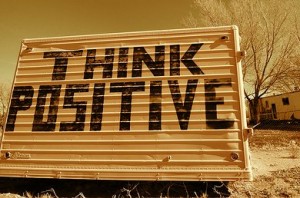 If you follow me on twitter (@JSrago) you probably know that I went to a production of the musical Once this weekend. The show is based on the movie of the same name and tells the story of a musician in Dublin, Ireland that’s emotionally stuck after having his heart broken. The Guy then meets the Girl (their names are never revealed) who helps get him unstuck by encouraging him to take the songs he’s written, record them, and follow the woman who left him to New York while using the music to get a record deal. From a personal standpoint the show was fantastic, but then again I’m a sentimental guy and love great singer/songwriter music.
If you follow me on twitter (@JSrago) you probably know that I went to a production of the musical Once this weekend. The show is based on the movie of the same name and tells the story of a musician in Dublin, Ireland that’s emotionally stuck after having his heart broken. The Guy then meets the Girl (their names are never revealed) who helps get him unstuck by encouraging him to take the songs he’s written, record them, and follow the woman who left him to New York while using the music to get a record deal. From a personal standpoint the show was fantastic, but then again I’m a sentimental guy and love great singer/songwriter music.
You’re probably asking what in the world my attending a musical theater production has to do with being right about something in AV. Well, the simple answer is the theme of looking to the future from where you are now. It’s clear from some of the song lyrics in the show (including those above) that there was a great argument that took place before the story told on stage where two people were attempting to attain dominance which resulted in the end of a relationship.
All too often I find that reporting and blogging have reached the point of sensationalism. In many instances someone is trying to prove how smart they are by getting out in front of the collective group and declaring either the failure of something or the start of the next big thing. Each of these is typically a guess based on experience, research, or just blindly throwing something out there. Inevitably, someone will disagree with this opinion and the debates will begin throughout the social media pages.
I’m just a s guilty as anyone else of getting into social media debates with others over topics I or they have written about. There is one key difference though: I’m never declaring I’m right or that they are wrong.
s guilty as anyone else of getting into social media debates with others over topics I or they have written about. There is one key difference though: I’m never declaring I’m right or that they are wrong.
Many folks go into an argument looking to prove that they are right and defend their point to the death because they either have the research and experience to back it up, or perhaps they are just holding steadfast to the belief that their prediction for the future is more accurate than anyone else’s. It’s the latter one that I take severe issue with and I will state openly does more damage than good.
Let me clarify now that I will defend every person’s right to have an opinion and hold on to that opinion. People should learn, experience, develop, and form their own thoughts as to what they believe in all aspects of life. But the issue I have with people making bold predictions, particularly when it’s addressing something new that they feel is destined to fail, is how that prediction can be made when the solution hasn’t been seen, tested, or experienced yet? I will concede that one could be making an educated guess based on things that may have come before, but what about the case where there wasn’t anything that came before it? By passing that judgment and then publicizing it they’re making it ok for people to say “I don’t need to see the thing itself, I just know it’s not going to be good because this other thing wasn’t any good.” Do you see the problem there?
For years I was traveling around the country representing TOA as the consultant liaison and trainer. My job was to educate dealers and consultants in order to get TOA products specified in jobs. I came into the company towards the end of the first generation of 9000 Series DSP mixer/amplifiers. This was a product that suffered from many issues and as such gave TOA a pretty rough black eye. As a result the engineers went back and developed the 9000M2 Series. The second generation was a much more fully developed, entry level DSP platform for paging and signal routing. It was by no means the end all be all of audio DSPs, but it was also never meant to be a top shelf solution. Unfortunately, while the 9000M2 Series did see some success, so many people judged it by its predecessor that they never saw the advantages this new product brought to the table. I see the industry following this same path with increasingly too much frequency.
A product, or a brand, gets a bad reputation for being something and it takes several years to shake that stigma. We are an industry that never seems to forgive, forget, or move on from what happened last. We are an industry that’s stuck in this respect. Our opinions aren’t always coming from actual reality anymore, but the perceived reality of what we can envision. It’s as though we’ve lost the hope that things can actually be better the next time around and have allowed our cynicism to get the better of us.
 It’s for that reason I am putting a challenge out to the industry as a whole. For the next week can we avoid making any prediction wherein we state that a technology, product, or solution won’t work, live up to our beliefs and ultimately will fail? Can we prevent ourselves from getting into an argument where two people refuse to see the other’s opinion as to how the reality of something can be? I fully expect this to be a challenge because the AV industry has so many variations in which the same task can be accomplished that it’s guaranteed two people will not see eye to eye. However, it is possible that both individuals could be correct.
It’s for that reason I am putting a challenge out to the industry as a whole. For the next week can we avoid making any prediction wherein we state that a technology, product, or solution won’t work, live up to our beliefs and ultimately will fail? Can we prevent ourselves from getting into an argument where two people refuse to see the other’s opinion as to how the reality of something can be? I fully expect this to be a challenge because the AV industry has so many variations in which the same task can be accomplished that it’s guaranteed two people will not see eye to eye. However, it is possible that both individuals could be correct.
It’s time for the AV industry to stop the debates over who might be more correct in their stated opinion. Now is the time to open minds and allow ourselves to look towards the next generation of equipment, technology, and personnel with optimism. Perhaps you don’t believe that AVB is the next evolution in signal transportation. Then make that statement, but don’t follow it up by putting down those that believe it could be successful. Maybe you think OLED is a dead technology that the manufacturers just won’t pursue. Well, if we aren’t on the inside of the manufacturers’ meetings, how can we state which technologies they are no longer going to pursue? You think the next generation of HDMI just won’t live up to the specifications they are listing? Before you start spreading that message around, isn’t it in the best interest of the industry for you to do the testing to find out? (Yes, all of these are discussions I have been involved in over the last year wherein I have held fast to the same argument: We don’t know what’s going to happen next so how can we say these things will not be successful?)
Things are changing and evolving so quickly in AV technology, who is to say what is and what isn’t? The more negativity that’s put into the world, the more likely people won’t be interested in pursuing this industry because in their research all they find is negativity.
Perhaps you think I’m naïve to be this hopeful that what comes next will be better than what came before it. To you I say think back over where this industry has been over the last 30 years. I still hear stories that focus on the end point of someone saying it couldn’t be done, yet in the end it was. It might not have been perfect and it may have taken a few generations of development to get right, but it was still done.
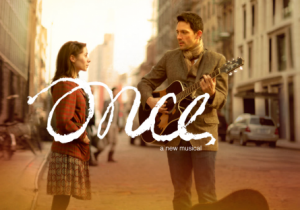 In the song that started this post, Guy sings “I’m closer than I’ve ever been before,” and so is the AV industry to being a place where one doesn’t judge first and test later.
In the song that started this post, Guy sings “I’m closer than I’ve ever been before,” and so is the AV industry to being a place where one doesn’t judge first and test later.
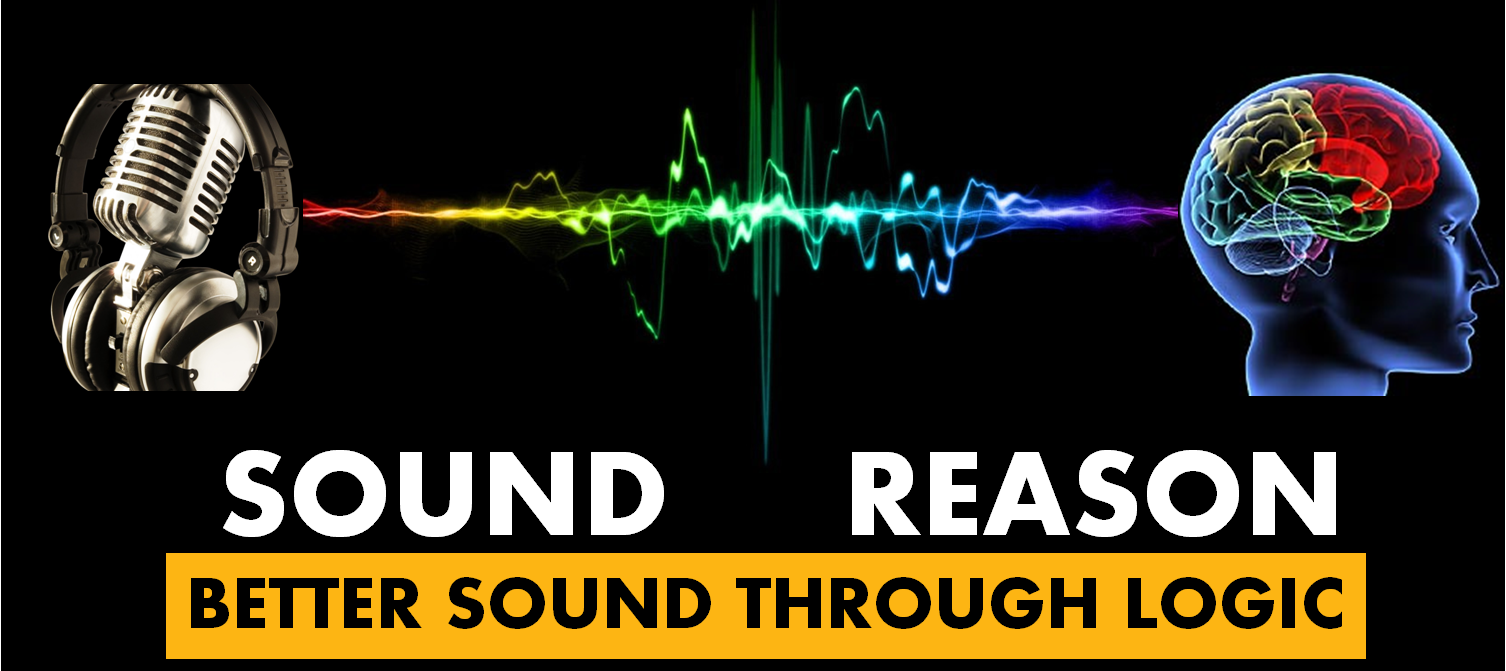
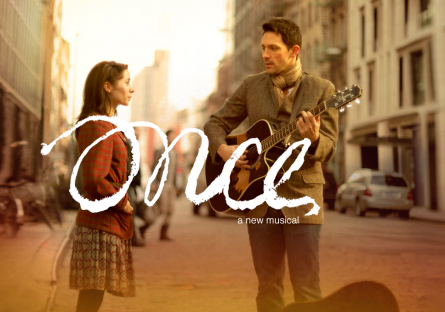
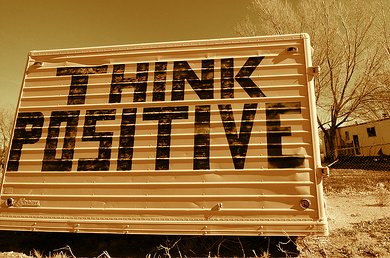




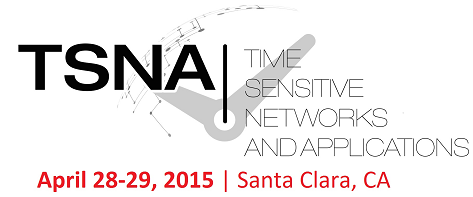
Proposed: for all AV bloggers: “I swear – on my grandmother’s grave – to never swear – on my grandmother’s grave – to the absolute knowledge that something will or won’t be the next big thing.”
Josh great article. Bob Dylan words scream out to me often: Come writers and critics Who prophesize with your pen And keep your eyes wide The chance won’t come again And don’t speak too soon For the wheel’s still in spin, And there’s no tellin’ who That it’s namin’ For the loser now Will be later to win For the times they are a-changin.’ I have found myself way too often in the Rabbit Hole and need to remind myself of Dylans words. Our Industry is filled with future promise, but that is only me prophesizing.
Thanks John!
Great lyrical pull on this too. We all fall down the rabbit hole occasionally because we’re passionate about what we do, but we have to remember to look up and make sure we can still see the sky before we fall too deep.